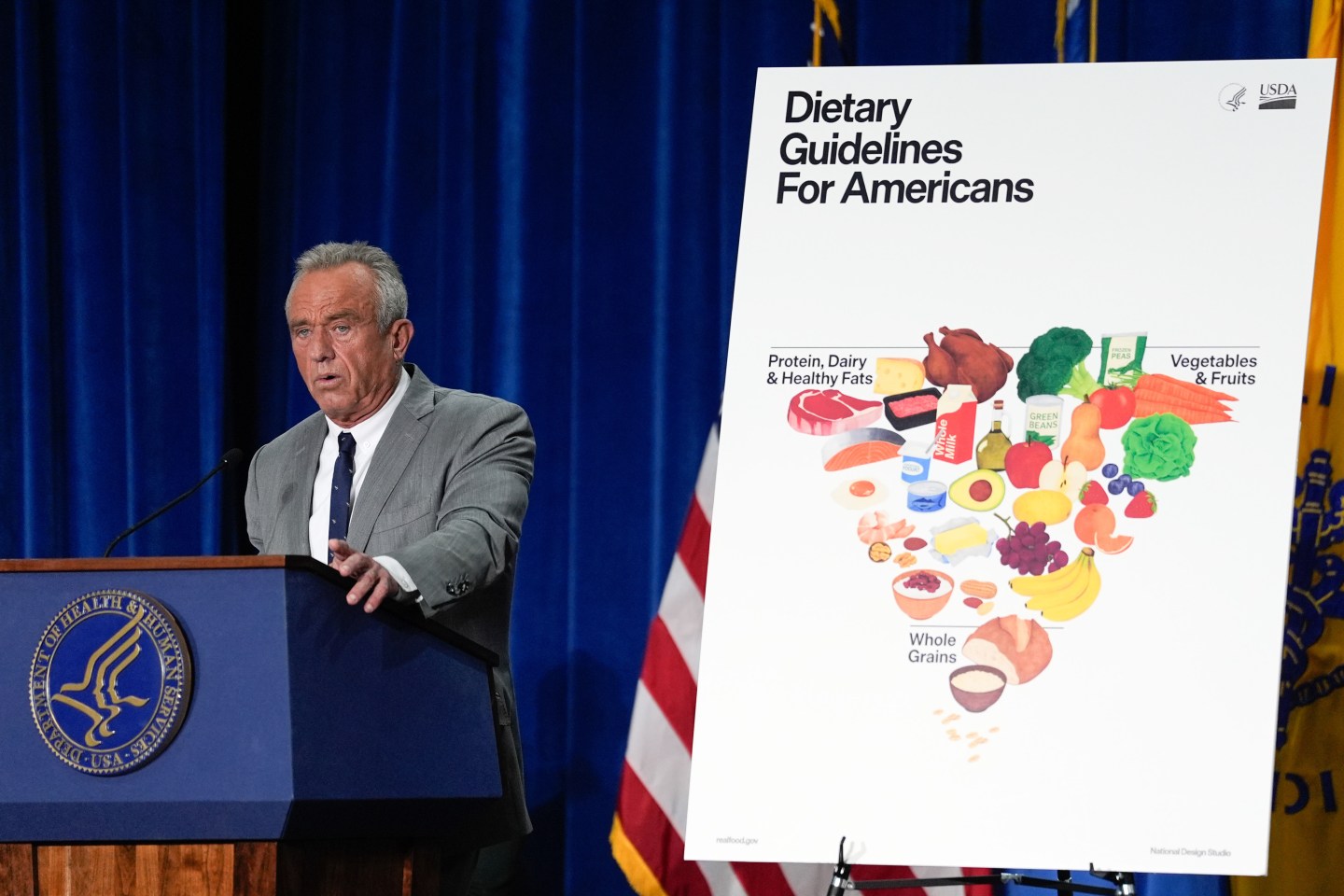Shionogi & Co. Slumped the most in more than a decade after the drugmaker said studies on animals showed its experimental COVID drug disturbed fetal development, triggering concerns about its approval.
The stock fell as much as 16% in Tokyo trading Wednesday, the biggest intraday decline since March 2011. Shionogi shares are down 8.4% this year through yesterday.
The drug likely won’t be recommended for pregnant women, Kyodo News reported Tuesday, without giving attribution. The animal data, which showed harm when it was given at high doses, was submitted to Japanese regulators in February when the company sought a priority review required for conditional approval, a Shionogi spokesman said.
The pill’s chance of commercial success fell to 5% from 50% after the report tying it to birth defects, which may make it less competitive, said Stephen Baker, an equities analyst at Jefferies & Co. He cut his rating on the stock to “underperform” from “buy” in a note to clients Wednesday, after trimming the profit estimates and target price.
“The Japanese will probably approve it but probably on strict conditions,” Barker said. “I think it will have an impact on the company’s ability to conclude a licensing deal with a third party, because I don’t think it’s going to be a major commercial success.”
Still, rival COVID treatments also carry risks for pregnant women but have been approved for use. Merck & Co.’s Lagevrio has a boxed warning saying it shouldn’t be taken by pregnant women after it was linked to fetal harm in animal studies. Pfizer Inc.’s Paxlovid at high doses led to a decrease in fetal body weight in a rabbit study, though there aren’t restrictions on its use during pregnancy.
The possibility of birth defects isn’t new and shouldn’t affect approval, said Naomi Kumagai, an equities analyst at Mitsubishi UFJ Morgan Stanley Securities Co. In a note to clients. Reports by Japanese media are misleading, she said.
“Generally, it’s rare for regulators to recommend drugs to pregnant women aggressively,” said Kumagai. “It’s normal to ban drugs or take in benefits and risks into account for the group. Other COVID drugs have similar risks too.”
Approval of Shiongi’s drug would give Japan, one of the world’s oldest nations, an indigenous supply of an antiviral therapy as it slowly eases social restrictions, reopens its economy and works to better control the disease in future outbreaks. Demand for drugs to treat COVID is fierce as the world transitions to an endemic state and the focus shifts to easy-to-take medications.
Rival Medicines
Pfizer’s Paxlovid was authorized to treat mild and moderate symptoms of COVID-19 in Japan in February, while Merck’s Lagevrio was cleared for use in December. The government signed contracts to purchase Merck’s pill for 1.5 million people, and Pfizer’s drug for 2 million people.
Use of the drugs hasn’t been widely studied during human pregnancy, so little information is available on major birth defects, miscarriage, or adverse outcomes for mothers or the infants.
Shionogi’s pill is a protease inhibitor that works like Pfizer’s Paxlovid. The drugs target a different part of the virus replication process than Merck’s medicine. It’s possible the Shionogi drug could be given in combination with Merck’s treatment, something the companies have discussed, Chief Executive Officer Isao Teshirogi said in October.
The drug has the potential to generate $2 billion in annual sales, Teshirogi has said. The company partnered with the AIDS Clinical Trial Group in March to run studies needed to get U.S. Approval.
Shionogi previously said it would have enough medicine for 1 million people by end of March. It plans to eventually produce enough to treat 10 million people annually. Japan’s government agreed in March to buy 1 million courses of the antiviral drug immediately after approval.
Never miss a story: Follow your favorite topics and authors to get a personalized email with the journalism that matters most to you.











